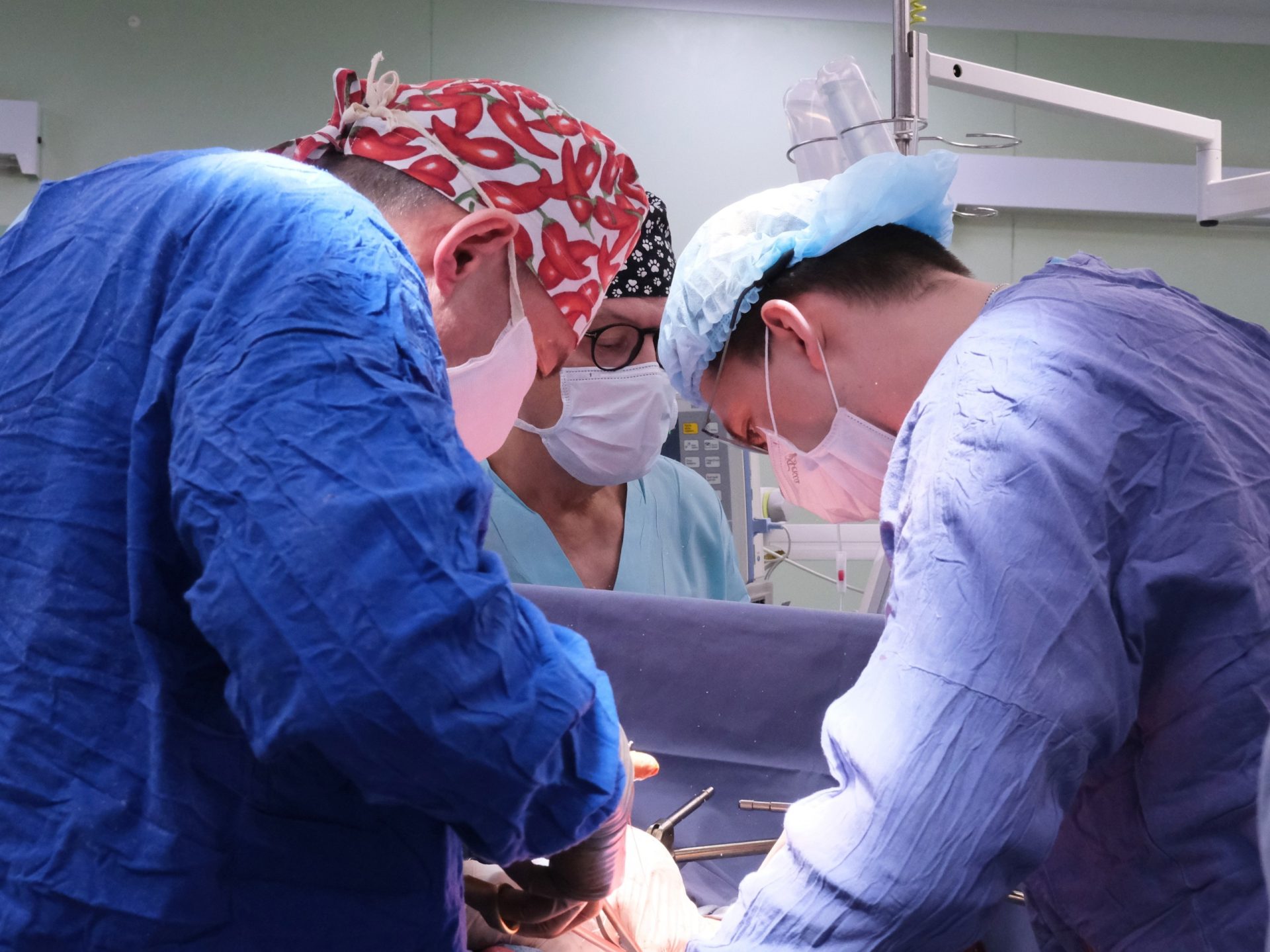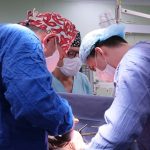FROM THE FIRST CIGARETTE TO THE LAST: THE STORY OF A LONGTIME SMOKER
It’s widely accepted that smoking is directly linked to an increased risk of lung cancer. However, not many people realize that cigarettes can actually cause at least 20 different types of cancer. One of the most aggressive is bladder cancer, and men are three times more likely to develop it than women! The reason for this is the harmful habit, which has a toxic impact on the entire body.
Sergey, a 61-year-old truck driver from the Smolensk region, no longer smokes. He admits that he quit in just one day! Yet not too long ago, he was picking up a cigarette every 15 minutes, smoking three packs a day. Everything changed when he was diagnosed with cancer. Some time ago, he started experiencing pain while urinating, and a little later, blood appeared in his urine. He had been attributing this to fatigue and the demands of his profession. It wasn’t until the situation became nearly critical that he learned he had cancer. Unbearable pain and burning during urination, along with constant urges to use the bathroom every 10 minutes, turned this once-strong and active man into someone helpless. He refused to drink water, slept poorly, and remained in denial that something serious was happening.
When he finally went to the doctor, the diagnosis was immediately clear—advanced bladder cancer with invasion into the muscle layer. Specialists at the Smolensk Oncology Dispensary quickly began treatment and prescribed several courses of chemotherapy. However, the disease had progressed to such an advanced stage and was so aggressive that the therapy was ineffective. Follow-up examinations confirmed that the cancer continued to metastasize. Help from specialists at a federal center was needed.
At the Department of Oncourology of P. Hertsen Moscow Oncology Research Institute – branch of the Federal State Budgetary Institution of the “National Medical Research Radiological Centre” of the Ministry of Health of the Russian Federation, where Sergey was referred, further examinations were conducted. It became clear that the tumor had not only invaded the lymph nodes but also the openings of the ureters. This caused a blockage of both kidneys, threatening the development of acute renal failure. Emergency nephrostomy (the insertion of special drainage tubes for urine outflow) was required. Only after this could the doctors continue discussing further treatment.
“In addition to the fact that the tumor had almost completely filled the bladder, involving nearby tissues and organs, the situation was further complicated by the presence of other accompanying conditions: second-degree obesity, third-stage hypertension, and diabetes,” commented oncologist Fidan Samedli from the Urology Oncology Department. “All of this made our work incredibly difficult, but the patient needed surgery.”
The surgical team was led by Andrey Kaprin, Director General of the NMRRC and Academician of the Russian Academy of Sciences. Also participating in the operation were Alexey Krasheninnikov, Head of the Oncourology Department, and oncologist Fidan Samedli. The surgeons faced an extremely challenging task: to remove the enormous, almost immobile tumor, as well as the lymph nodes and prostate, and stitch the venous complex, which in this case was exceptionally difficult to access. The operation, which lasted about three hours, was successful.
Of course, Sergey’s treatment is far from over. Next, he faces a rehabilitation and recovery period after such a complex intervention, along with a lengthy course of immunotherapy. As is customary, every three months, Sergey will undergo follow-up examinations to assess the progress of his treatment. Sergey is optimistic about the future, dreaming of recovery and returning to a full and active life—this time, far away from cigarettes.






